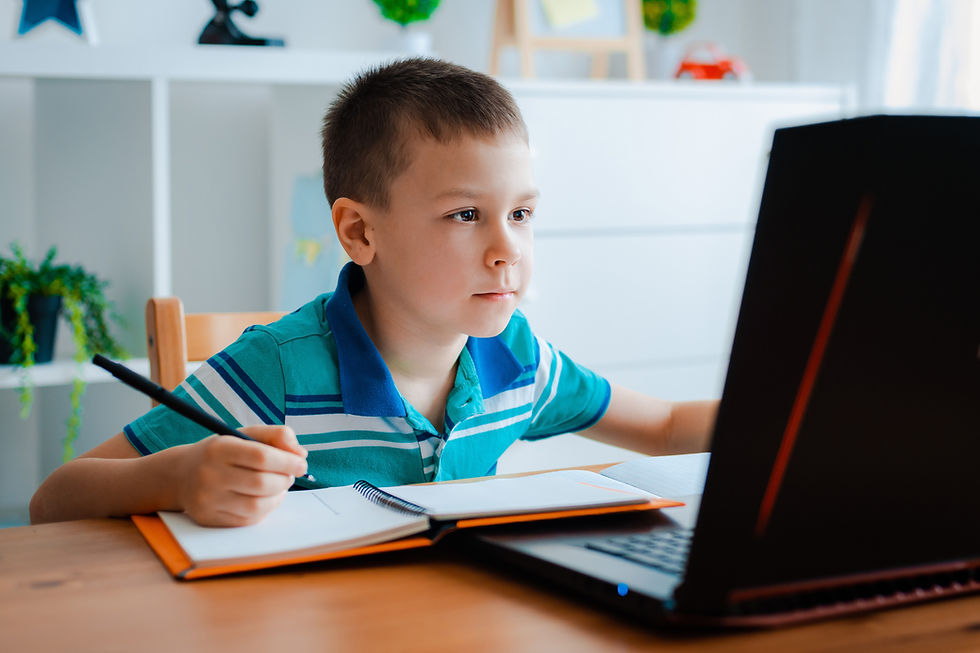Kids Learning Science the Wrong Way: Why Traditional Methods May Be Failing Them
- Meritlab Site
- Jun 13, 2024
- 2 min read
Updated: Jul 11, 2024
Science education is critical for building a solid foundation of knowledge and skills in kids. However, traditional methods of teaching science in schools may not be as effective as we once thought. Kids are often subjected to a narrow curriculum that prioritizes rote memorization over practical application, leaving them with a limited understanding of the subject. In this blog post, we'll explore how kids are learning science the wrong way, and what we can do to change that.

1. Rote Memorization Over Practical Application In many schools, science education is reduced to memorizing facts and concepts without any emphasis on understanding their practical applications. This approach can be detrimental to kids' learning experience, as it fails to inspire curiosity and creative thinking. Rather than merely memorizing scientific concepts, kids need to understand the "why" behind them. They should be encouraged to ask questions, make observations, and form hypotheses. This active engagement can help them develop a deep and lasting understanding of the subject matter. 2. Lack of Hands-on Learning Another issue with traditional science education is the lack of hands-on learning opportunities. Science is an inherently experimental field, and kids need to engage in experiments and activities to truly understand the concepts. However, many schools do not provide adequate resources or opportunities for hands-on learning. This can result in a superficial understanding of the subject matter that fails to prepare kids for real-world applications. 3. Overemphasis on Exam Scores The Indian education system has traditionally placed a high emphasis on exam scores, and science education is no exception. This pressure to perform well on exams often results in a culture of memorization and cramming rather than genuine learning. Additionally, the focus on exam scores leaves little room for creative thinking or exploration, further limiting kids' understanding of the subject. How Can We Change the Way Kids Learn Science? To improve science education for kids, we need to move away from traditional methods of teaching and focus on active, hands-on learning that encourages curiosity and creativity. Here are some ideas for how we can achieve this:
1. Introduce more practical learning opportunities: Science experiments, field trips, and hands-on projects can help kids understand scientific concepts more deeply. 2. Encourage inquiry-based learning: Kids should be encouraged to ask questions, form hypotheses, and explore scientific concepts on their own. Teachers can act as facilitators and guides rather than simply lecturers. 3. Use technology to enhance learning: Virtual labs, interactive simulations, and other technology can help kids visualize scientific concepts and engage with them in a more interactive way. 4. Move away from rote memorization: Emphasize understanding the "why" behind scientific concepts rather than just memorizing them.
By adopting these approaches, we can help kids develop a lifelong love of science and equip them with the skills and knowledge they need to succeed in the future.



Comments